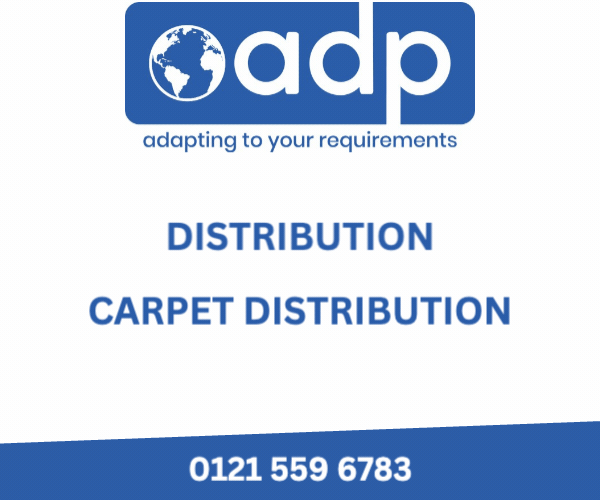March saw the eagerly-awaited launch of the latest Publicly Accessible Specification (PAS), 7100: 2018. Published by National Standards Body BSI, it’s the result of the work undertaken by the Working Group on Product Recalls and Safety (WGPRS), the PAS Steering group and associated research into the need for corrective action planning and the issue and effectiveness of the public recall of consumer products.
The resulting publication is a step change not only in relation to management of product safety issues, but also in the way that business, enforcement and Government work together towards a common goal.
The PAS document or code, the first publication and major initiative from the new Office of Product Safety and Standards, isn’t a British Standard, but has the potential to be used in the future to shape the content of a European or international standard.
The benefits of this document are twofold: firstly, in the clarity and practicality it offers regarding what is reasonably expected from businesses such as manufacturers, retailers, importers or distributors in the event of a product issue; then secondly, in its transparency of information on how enforcement bodies can effectively support businesses, including the approach that can be taken when a business fails to take appropriate action.
Part 1 of PAS 7100: 2018 offers practical guidance to help businesses meet their legal duties, in relation to the General Product Safety Regulations SI 2005 no.1803.
It focuses on the need for a proactive approach, identifying key steps that should be in place to facilitate the monitoring, assessment, notification and correction of unsafe consumer products, including through public recall or other corrective action.
The primary aim is to ensure any issue or potential issue affecting product safety is identified and dealt with as promptly and effectively as possible. In a manner of speaking, it encourages businesses to sow the seed before the need.
Part 2 gives guidance to supporting regulators and market surveillance or enforcement authorities on assistance that should be available to businesses in order to support them in meeting obligations in relation to issues involving the safety of consumer products.
The PAS also includes clear terms and definitions, with sources of reference from original legislation, as well as a series of informative annexes covering regulatory context, risk assessment methodologies including RAPEX and corrective action plan examples – including checklists and methods of communication.
When looking at the furniture industry specifically, particularly when considering the wide range and sizes of businesses operating within it, the PAS should be viewed positively as offering practical advice and consistency of approach – not only for businesses, but also for regulatory enforcement.
PAS 7100: 2018 will be subject to regular review to ensure it remains relevant, practical and effective.
It is a call to action. Now it’s up to us.
Suzie Radcliffe-Hart is the technical manager at FIRA International, the exclusive service provider to the Furniture Industry Research Association, which boasts unparalleled industry knowledge, raising performance throughout the supply chain by offering research, information, testing, consultancy, customer service and after-sales services.










